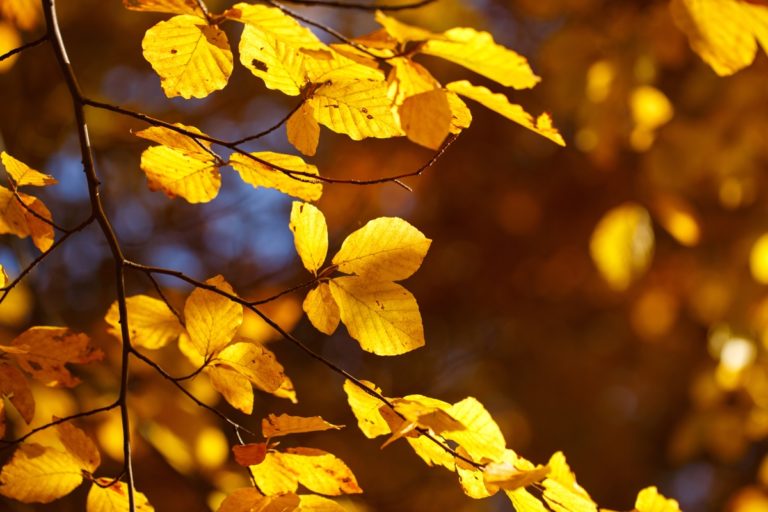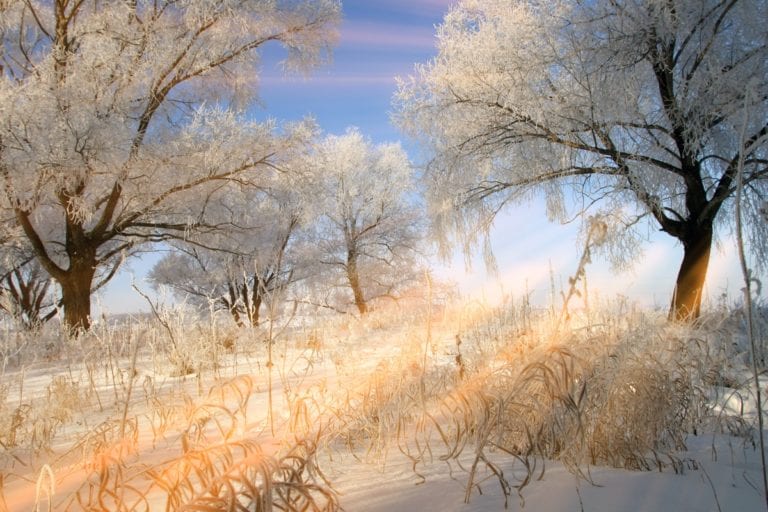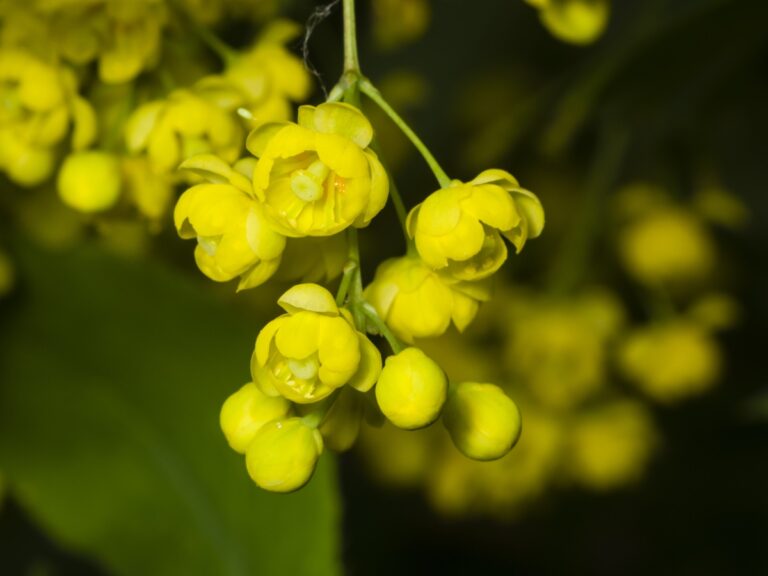July 2020 Meditation
Here’s the July 2020 Audio Meditation…
For those of you who would prefer to have images with your meditation, here’s the YouTube version…
Meditations, experiments, books and guided meditations to assist with nourishing spirituality, healing childhood wounds, and living more consciously.
Meditations, experiments, books and guided meditations to assist with nourishing spirituality, healing childhood wounds, and living more consciously.
Here’s the July 2020 Audio Meditation…
For those of you who would prefer to have images with your meditation, here’s the YouTube version…

In a recent On Being broadcast on NPR, I heard a story about Howard Thurman’s grandmother. Howard Thurman was a prominent figure in the civil rights movement and was an influential theologian. He was a mentor of Dr. Martin Luther King and also one of the principle architects of nonviolent protests. His grandmother was a former slave who owned land in an area where there were also white people.
Apparently, Thurman’s grandmother had a neighbor, a white woman who apparently was unkind to all in her neighborhood and not just to Thurman’s grandmother. At one point, the neighbor began to gather chicken droppings from her chicken coop on a regular basis and dump them on the garden of Thurman’s grandmother. Rather than retaliate, his grandmother turned the chicken droppings into the soil each time they arrived. In time, her garden flourished because of all the natural fertilizer in the chicken droppings.
The neighbor woman eventually became quite ill and, because of her way of relating to people, no one was willing to visit her or help her. One day, Thurman’s grandmother went to visit the woman, taking her a large bouquet of flowers. The woman was surprised and delighted to receive the flowers and commented on how beautiful they were. Thurman’s grandmother said in response that the flowers were so beautiful because of all the neighbor’s contributions of fertilizer to her garden.
Read More “814th Week: Being Kind Doesn’t Mean You Have to Agree”Walking across Central Park the other day, I thought about an interview I listened to as I got ready to move into the day. Generally, I spend the morning carrying my laptop computer around with me, as I watch or listen to inspiring interviews I find on youtube and other websites. It’s a habit I began a number of years ago after Read More “Week 625: Setting the Tone for Your Day”

I’ve noticed that I haven’t generated a new practice since September of this year. In that last practice, I described the journey and impact of losing one of my feline family members to kidney disease, a genetic condition that he shares with many members of his family. I described the deepening I experienced during and after the four-month-long process my beloved boy-cat and I engaged as he moved through his dying process. His two sisters are still here, and the difference in the energy and tone of our little family is powerfully changed by his absence.
As these post-death months have moved along, I found myself moved to create videos on multidimensional living, videos that offer information about the way that I move through the world from a multidimensional perspective. This shift in focus arose after what I thought was going to be an inner journey to connect with my optimal future self. Instead, I connected with what I think is more accurately described as an alternate self.
The idea of alternate selves arises from current thinking about the possibility that we live in a multiverse where there are many versions of ourselves co-existing within different versions of reality. The idea of a multiverse resonates with some people and appears ridiculous to others. Whatever your response, one of the ways I would think about this from a guided imagery or hypnotic perspective is that both alternate selves and optimal future selves can be metaphors through which we can tap into new body states, new states of mind, new responses.
The way this all makes sense to me is that I think, or probably believe at this point, that we live in an “information universe”, where information comes first and then becomes energy and form that resonate and shape themselves in response to the new information. For me, these kinds of journeys allow my bodymind to access new information which then becomes the prompt that supports reorganizing my experience and ways of being. Often, these journeys have opened up surprising new possibilities for me that draw on resources I hadn’t known were available. Posting videos on multidimensionality is one of these surprises.
I’m not sure how many more of these practices I’ll be posting, so they may continue to be sporadic, as I find my creative energy moving in somewhat unexpected directions. I’ve offered weekly practices for many years and have enjoyed the opportunity to ponder, explore, and share possibilities through them. So, my intention is to continue, but it’s not lost on me that it’s been quite a gap between this one and the last.
For this practice in conscious living, I invite you to play with the more quantum-oriented possibility that the process of generating intentions and the probabilities they engage is accessible to you. One of the things I’ve been asking people to play with is to say each day, “I am receiving and living into my optimal life.” An important part of this practice is to then get out of the way and allow yourself not to know what this means or what it will bring. Staying out of the way mentally allows for a deeper receptivity.
Then, along with allowing yourself not to know, another step along the way is to stay open for thoughts, flickers of awareness, new ideas, unexpected interest in something you hadn’t thought about before. All these are examples of intuitive awareness dropping in. The next step is to pay attention to these kinds of intuitive flickers and tickles in the back of your mind and to notice which ones you want to explore more deeply or respond to in some other way. For me, these new awarenesses often arrive when I wake up in the morning. They are just there, as if I had always known them.
As with all these practices, please remember to bring along curiosity as your constant companion and to pat gently on the head any judgments that may arise, allowing them to move on through without your having to do anything with or about them. Please also remember to allow mixed feelings, as they are a natural aspect of your underlying wholeness.
Here’s the audio version of this practice if you’d rather listen to it.

This week’s practice invites you to consider something that may be second nature to you, or it may be a new idea that seems way out there. One of the ways I move through the world is with the assumption that everything I encounter is conscious—not in the way I am conscious as a human but in the way that is unique and appropriate for whatever it is that I encounter along the way. I guess that’s another way of saying I believe we live in a conscious universe and that it’s impossible for anything that exists to be outside that consciousness.
I also believe that I am in ongoing and inherent reciprocal relationship with all the life around me, and I wonder if you would be willing to bring that hypothesis into this as-if experiment, as well. My belief is that I affect everything I encounter and that everything I encounter affects me, that it’s impossible not to be in relationship with the consciousness of my world.
At the very least, at the most basic level of biology, everything I encounter is comprised of the same kinds of molecules as those that comprise my body. We share an ecology that arises from the same carbon-based life and, even in that most basic way, we are part of each other.
I am also a believer in collective consciousness so, for me, we share not only our common biology but also our consciousness. (You will know from this that I do not believe that the brain generates consciousness…)
Read More “873rd Week: An “As-If” Experiment in Conscious Living: Living in A World of Reciprocal Relationships”
885th Week : Exploring Your Unique Energy SignatureThis practice continues with the theme of frequencies and their impact on the quality of our own being and of the collective family of lifeforms that are our earth-kin of every kind. One of the fundamental qualities about our beautiful planet is that it seeks to create, and thrives on, a magnificent array of diversity. We know that ecological systems that are the most diverse are also the healthiest and most robust. Within all kingdoms of nature and environments, we see diversity as a fundamental quality. In our human family, nature has expressed this creative impulse toward diversity in countless ways. We have diversity in skin color. We have diversity in facial features and body types. We have diversity in languages and cultural norms, diets, spiritual practices and everyday routines and activities, to mention just a few of the areas of human diversity.
One of the areas I have focused on exploring with humans in mind is the place of core presence that resides within the internal home base of every human being. It is the place in us where we touch into an inherent steadiness that is never disturbed. It is deeper than our conditioning and everyday reactivity. What we can also touch in this place of core presence is a sense of the energy that our presence radiates throughout our body-mind being and into the world around us in every moment. I think of this radiating presence as our unique energy signature.
My experience and belief are that life’s emphasis on diversity points to the fact that each one of us is a unique expression of life and that each one of us in an irreplaceable expression of that life. Our unique energy signature cannot be replicated by anyone else and it matters that we are here. Even though it’s hard to put into words, my experience is that life lives me rather than I live life.
Read More “885th Week : Exploring Your Unique Energy Signature”
With the recent passing of Ram Dass, I am even more aware of something I read in his most recent book, “Walking Each Other Home”. A practice he took on and used every day touched me when I read the book, and I have taken it up as a regular practice of mine. I would like to share it with you. At the moment, I can’t remember if he used this mantra in conjunction with his breathing, but he constantly repeated the words “I am loving awareness.” I mentally say it to myself on the out-breath.
What touches me powerfully about this statement is how it automatically orients me to my heart awareness, which is something that our world desperately needs at this time. I’ve mentioned many times that we affect our environment all the time, whether we intend to or not. As you move through your daily activities, where you place your attention impacts both your internal quality of life and the quality of our collective human consciousness. You cannot not radiate into our human collective the quality of your inner life.
Read More “773rd Week: “I Am Loving Awareness” – Ram Dass”